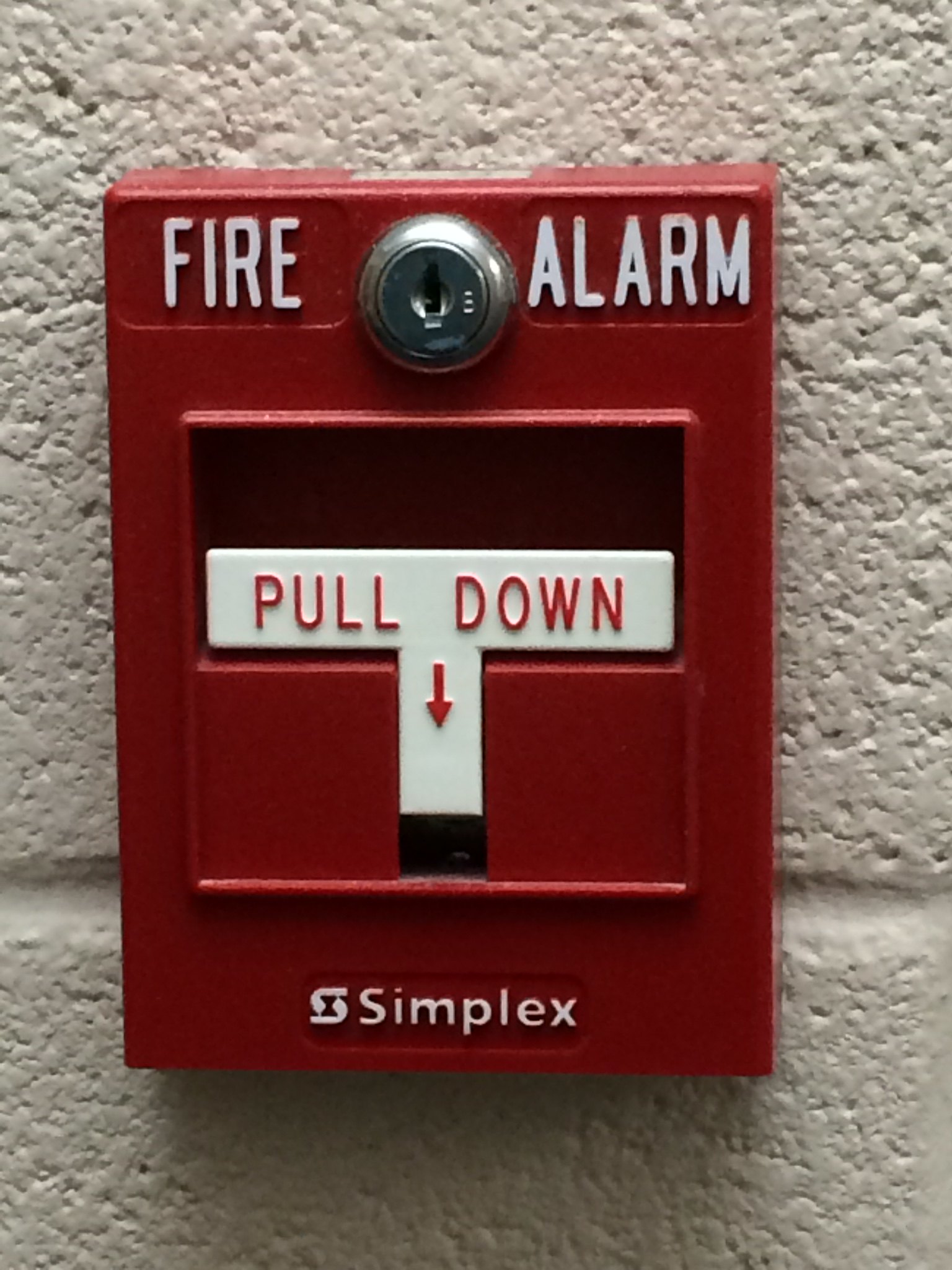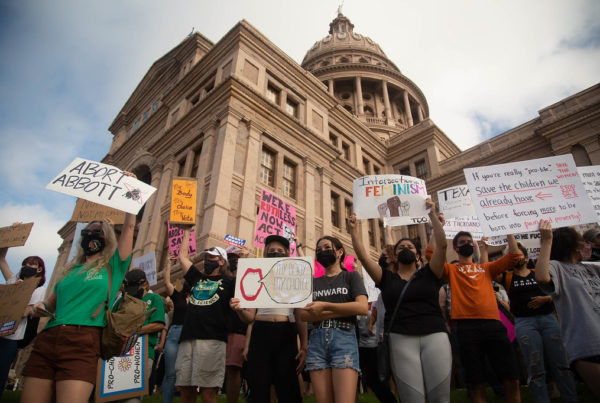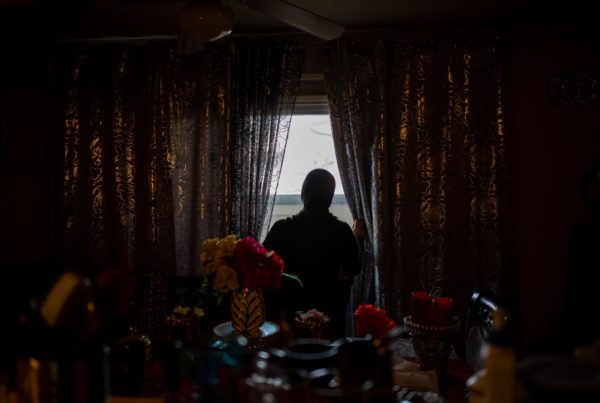In a span of six months, two men held at Texas prisons were killed in fires. One man, Jacinto De La Garza, gasped for breath through his prison door as his cell neighbors watched helplessly, yelling for a guard to do something.
Though horrifying to imagine, many familiar with the Texas prison system, like the Marshall Project’s Keri Blakinger, say this was just a matter of time. Blakinger spoke to the Texas Standard about writing to inmates on conditions of prisons, the history of fire safety in these facilities and what’s to be done about it.
This transcript has been edited lightly for clarity:
Texas Standard: Why just a matter of time? These were two separate incidents over the course of six months. What were the warning signs?
Blakinger: Well, the Texas prison system has been getting flagged by the state fire marshal for over a decade for failing by a number of standards, including that they haven’t had working fire alarms in many cell areas and places where people are living. So the idea that, with a prison system where men have actually been regularly starting fires … that a disaster like this might happen eventually was probably somewhat foreseeable.
Could you explain what would cause a prisoner to purposefully start a fire in his cell?
Blakinger: So this has been a thing that’s been happening in Texas prisons for a little while. And sometimes this is, you know, a matter of someone experiencing a mental health episode or because they’re on drugs, because there are a lot of drugs in Texas prisons at this point.
But it’s also very common that people start fires in their cells to try to attract attention from higher-ups. If the guard who’s working on the unit is, you know, not giving them mail or letting them out for rec or not letting them out for a shower, sometimes they’ll try to start a fire so that someone from higher up will have to come in, respond and then ask what the problem is.
How were you able to find out what happened to Jacinto De La Garza?
Blakinger: When I heard that there had been a death like this, I was very interested because I knew about the background, about the lack of fire alarms. So I wrote to a dozen or so random men on the unit and asked them to please pass my information to anyone who had been in his cellblock and had witnessed it and could tell me more. And they did that. And I ended up getting, I don’t know, more than half a dozen letters from people who witnessed it. And then I also started calling some of the staff until I found the guard on the unit, and he was willing to talk to me about what happened.
What did the prisoners have to tell you about conditions there?
Blakinger: It’s a lot of the sort of same complaints about conditions that I hear elsewhere. But one of the big things was that, you know, they had gotten out for rec in a long time. These are guys that are high security, and they’re in solitary a lot. And you have men that, in some cases, have existing mental health issues, and they’re in solitary and they’re not getting out.
What about that guard? What did he have to say? And why was it that there was no one to let out Mr. De La Garza when the fire was raging?
Blakinger: He was very new and really had no idea how to respond to this. He ended up calling for help three times. The first time no one came; the second time, someone said, don’t worry about it, basically. It wasn’t until the third time that he called for backup that someone came and was like, oh, we need to pull this guy out.
But as a new officer, he didn’t think that he was allowed to pull someone out of the cell on his own. He thought he needed backup. And the people that he was calling for backup, by his account, were not willing to intervene.
How much is this a microcosm of what’s happening in Texas prisons more broadly? It would seem that basic fire safety systems would be in place.
Blakinger: I think that one of the things this highlights is just how expensive it is to maintain a prison system of this size. And it’s not surprising that there’s a lot of basic maintenance things that are not happening. The Texas prison system told me in this case it would take roughly $55 million to upgrade the fire alarms and get them functional systemwide. In a prison system that costs as much as it does to run and is falling short in so many other areas, it’s not surprising that there would be large expenses like this that are just not adequately funded.
Are there inspections, or independent inspections by, say, local fire officials?
Blakinger: This all falls under the jurisdiction of the state fire marshal’s office. And they do do periodic inspections, but they don’t really seem to have a lot of enforcement ability because, you know, they can’t shut down a prison – the people still need to be held somewhere. So the standards for at what point they can meaningfully intervene seem to be significantly different than what you would expect because year after year, they come up with hundreds of violations every year and many of them are not getting fixed.














